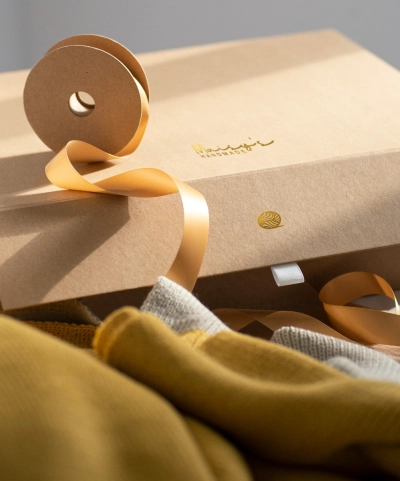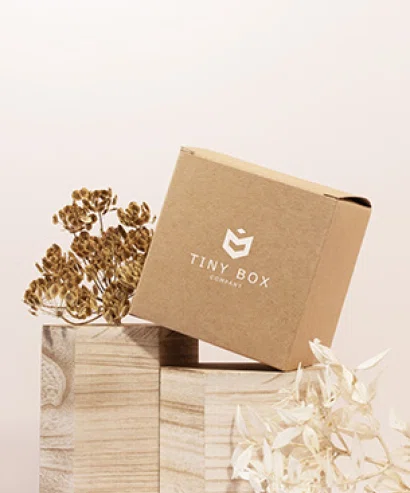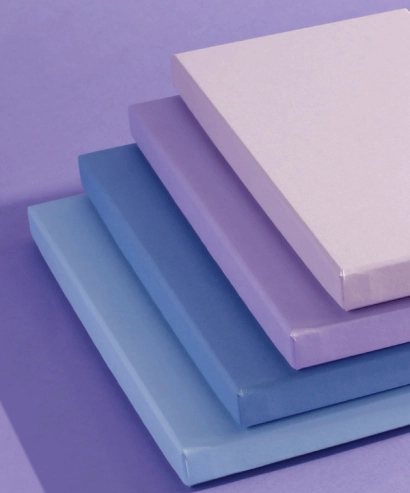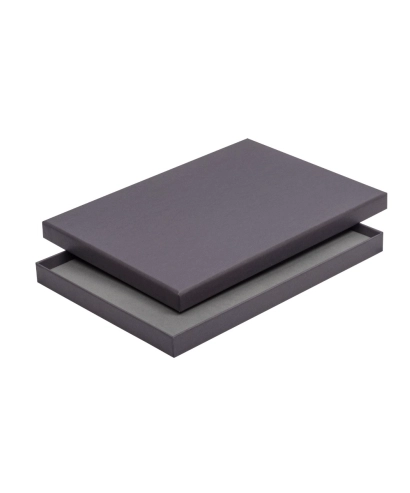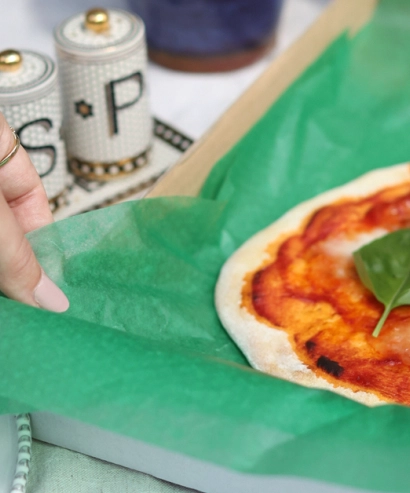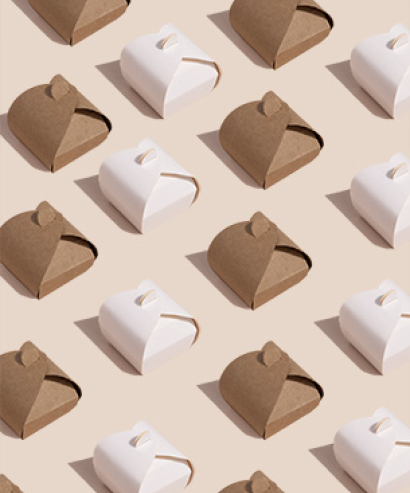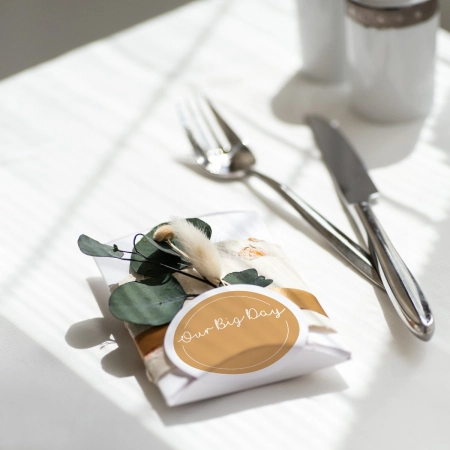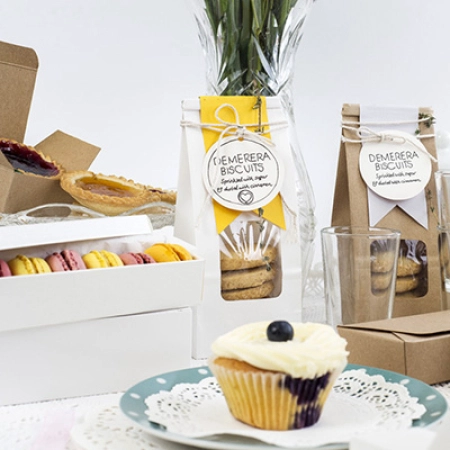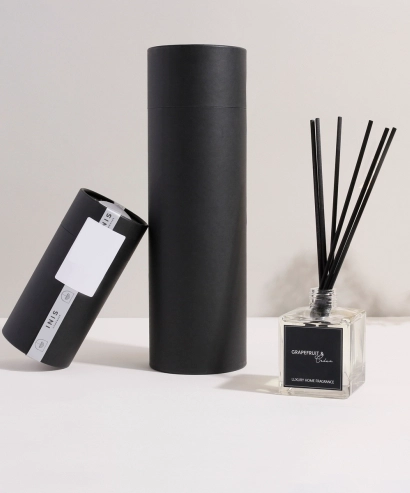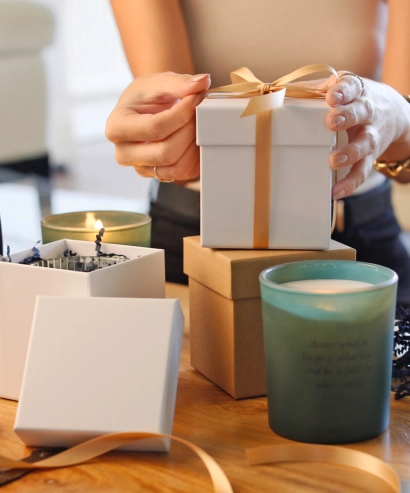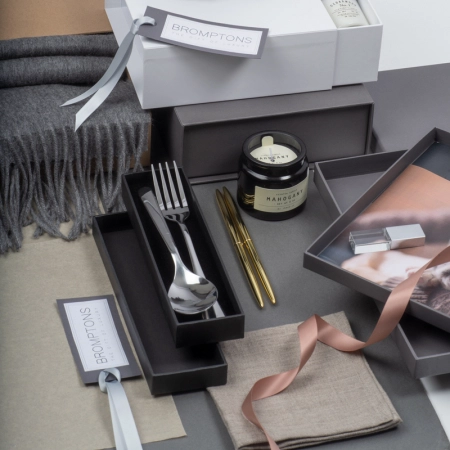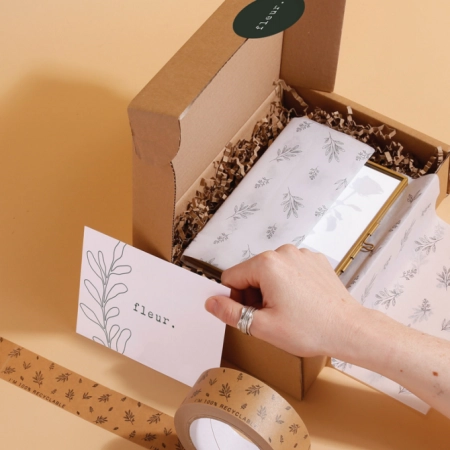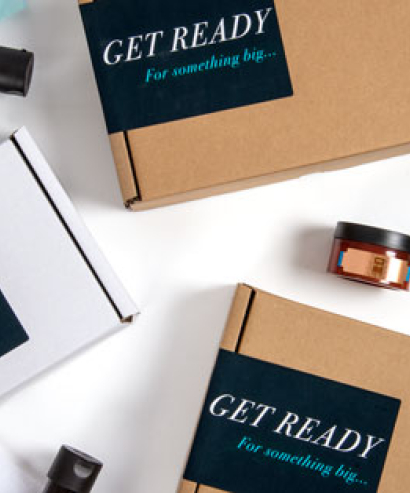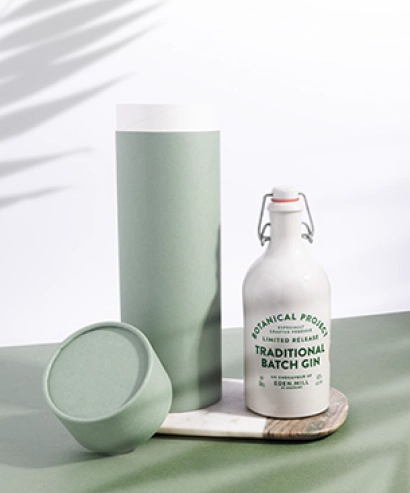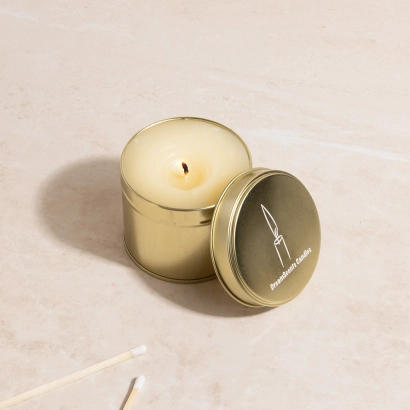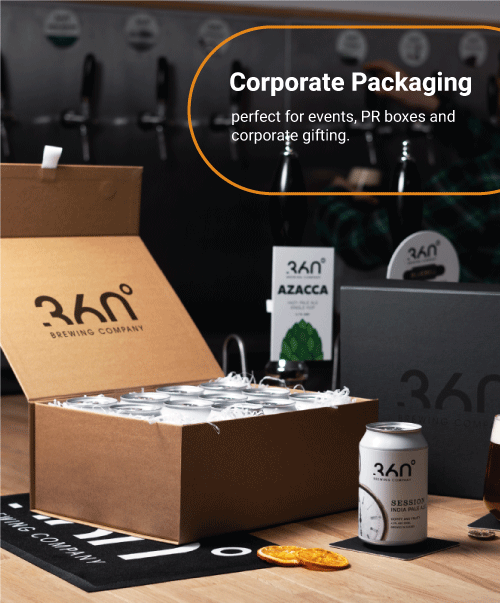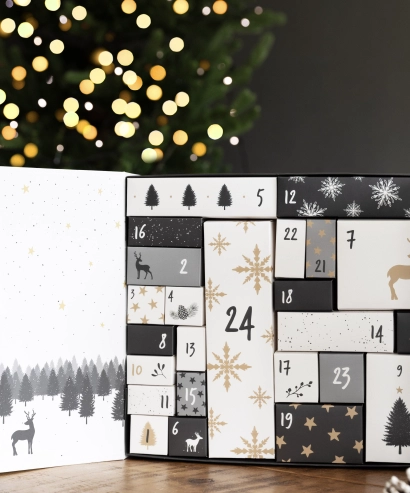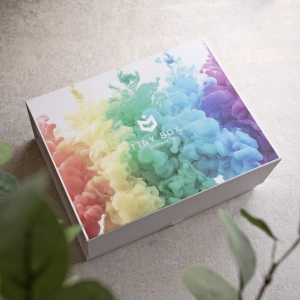WHY RECYCLE?

Facts about paper recycling:
- 70% less energy is needed to recycle paper and reuse it compared to making it from raw materials
- Recycling paper produces 73% less air pollution in comparison to making paper from scratch
- Recycling a tonne of paper saves 17 trees, 380 gallons of oil, 7000 gallons of water and 3 cubic metres of landfill space
It's shocking to think that making paper causes vast amounts of pollution, especially since we tend to think of paper and card as being an environmentally friendly product. However, when paper is recyled there is a staggering 73% reduction in air pollution* in comparison to when paper is made fresh from trees.
Paper accounts for a huge amount of household and and commercial waste which all has to be buried somewhere unless we recycle it. A typical family in the UK diposes 6 trees worth of paper each year, and on a typical Sunday in Britain 90% of newspapers are thrown away as opposed to recycled, that's equivalent to an astounding half a million trees going into landfill.
The recycling process uses considerably less energy because the main energy consumption involves turning the wood into pulp. By recycling, the paper is much more easily turned into pulp, meaning much less energy is consumed by paper mills - approximately 70% less energy. Every tonne of recyled paper saves 4000KW of energy.
It is claimed that recycling paper involves dangerous bleaching processes. And whilst this may happen in some places, this is often a misconception. Most recycled paper is not bleached, and where it is necessary, oxygen based products rather than chlorine are applied.
This reduces the amount of dioxins, which are released into the environment as a by-product of chlorine bleaching processes. Besides, how did the paper become white in the first place - have you ever seen a white tree?!
Here at Tiny Box Company we love trees and tree felling saddens us. But by chopping down such huge quantities of trees (approximately 4 billion trees each year - that equates to a woodland the size of Wales), there are huge environmental and wildlife impacts.
We will always need trees and unfortunately you can only recycle a limited number of times (the fibre threads shrink too much in length after 4-6 times of being recycled), but this means we can still save a considerable amount of trees as well as the natural inhabitants that live within the forests. And not forgetting the oxygen generating benefits of trees. If each person in the UK recycled just 10% more paper it would save roughly 5 million trees each year.
*We ‘borrowed’ these facts from the lovely people at www.recylingbins.co.uk


